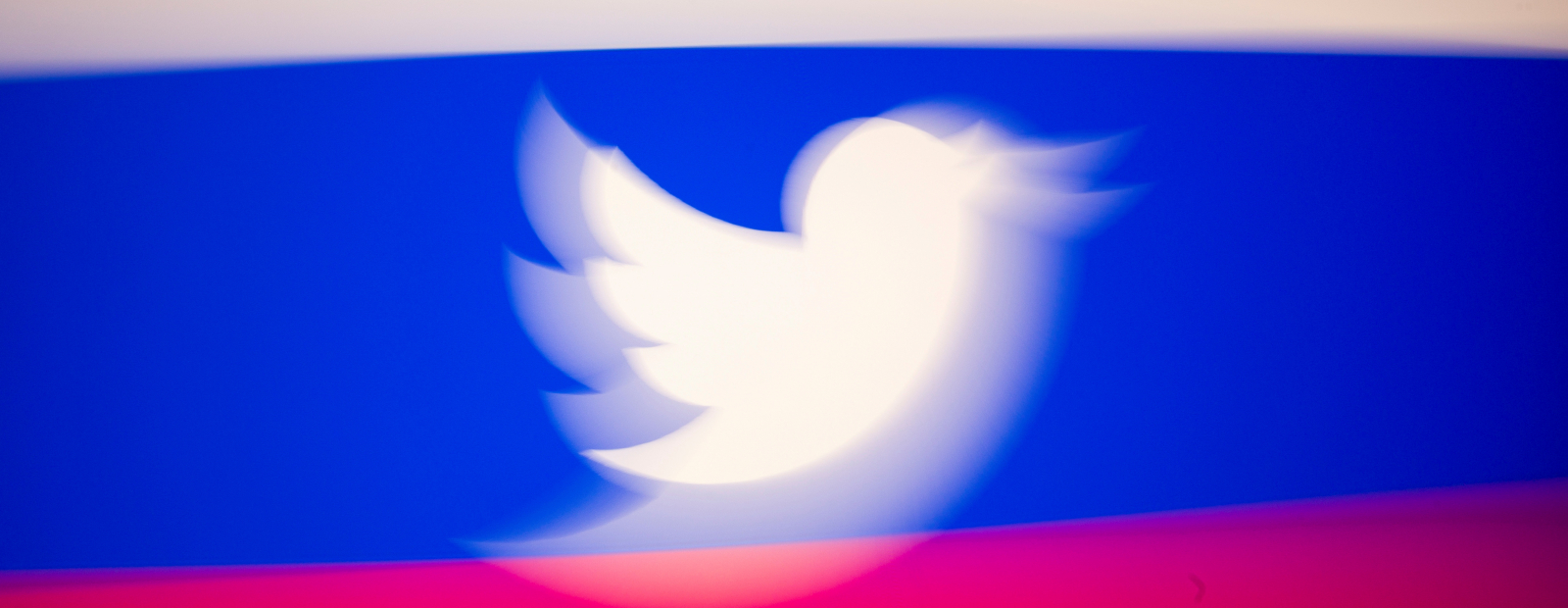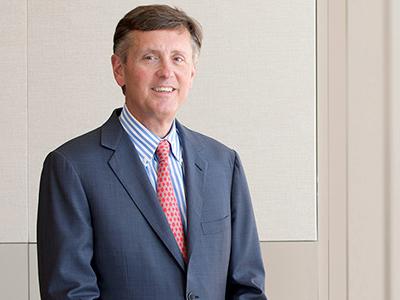Twitter’s speed in Russia has been slowing since mid-March, when the resource was slowed down by all mobile phone users and 50% of users accessing it from a computer.
Russia’s information technology and mass communications monitoring service, Roskomnadzor, explained that the move was made because Twitter is not blocking links to content banned in Russia, such as child pornography.
The service gave Twitter a month to delete such content, otherwise threatening to completely block the site in Russia.
Last month, Roskomnadzor extended the ultimatum until mid-May.
Roskomnadzor said on Monday it had decided not to block Twitter because the inspection found that Twitter had deleted more than 90% of the content banned in Russia, but decided to extend the speed of Twitter.
Roskomnadzor said Twitter has expressed readiness and interest in engaging in a constructive dialogue with Roskomnadzor. The service stated that it appreciates the site’s efforts to comply with the requirements of Russian law.
However, the lifting of all restrictions will be possible only after Twitter has deleted all prohibited materials, Roskomnadzor said, noting that Twitter will continue to slow down mobile phone users.
Roskomnadzor did not disclose whether it will stop blocking the site if Twitter deletes all remaining content that is considered illegal in Russia.
The service also found that it had identified illegal content on other websites, including Facebook and YouTube.
In the event that these platforms do not take appropriate action, similar sanctions may be imposed on them, Roskomnadzor said.
Meanwhile, the Russian opposition fears that the real goal of the authorities is to silence the Kremlin’s opponents.
Last month, a Moscow court fined Twitter a total of 8.9 million rubles (about 99,000 euros) for failing to delete records calling on minors to join protests in support of imprisoned opposition Alexei Navalny.
A court in Moscow last month fined TikTok for a similar violation.
In January, Russian authorities accused foreign social media platforms of meddling in Russia’s internal affairs without calling for protests in support of Navalny.
In January, Russian President Vladimir Putin complained about the growing influence of large technology companies, noting that they were already competing with countries.
–


